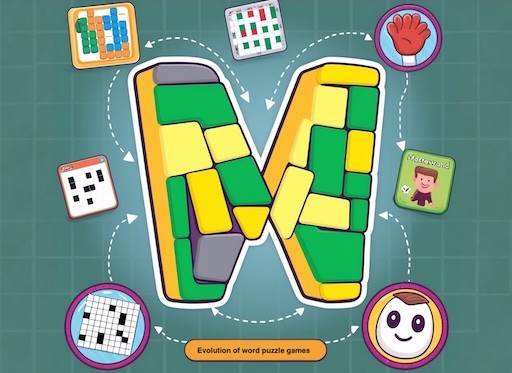Word puzzles have been a beloved pastime for centuries, challenging our minds and expanding our vocabularies. In recent years, we've seen a surge in popularity of digital word games, with WORLDE emerging as a frontier in this evolution. Let's take a journey through the history of word puzzles and see how WORLDE has become the game we know and love today.
The Roots of WORLDE
The DNA of WORLDE can be traced back to several classic games, each contributing a unique element to its gameplay.
Mastermind: The Code-Breaking Ancestor
One of WORLDE's most direct inspirations is Mastermind, a code-breaking game invented in 1970 by Mordecai Meirowitz, an Israeli postmaster and telecommunications expert.
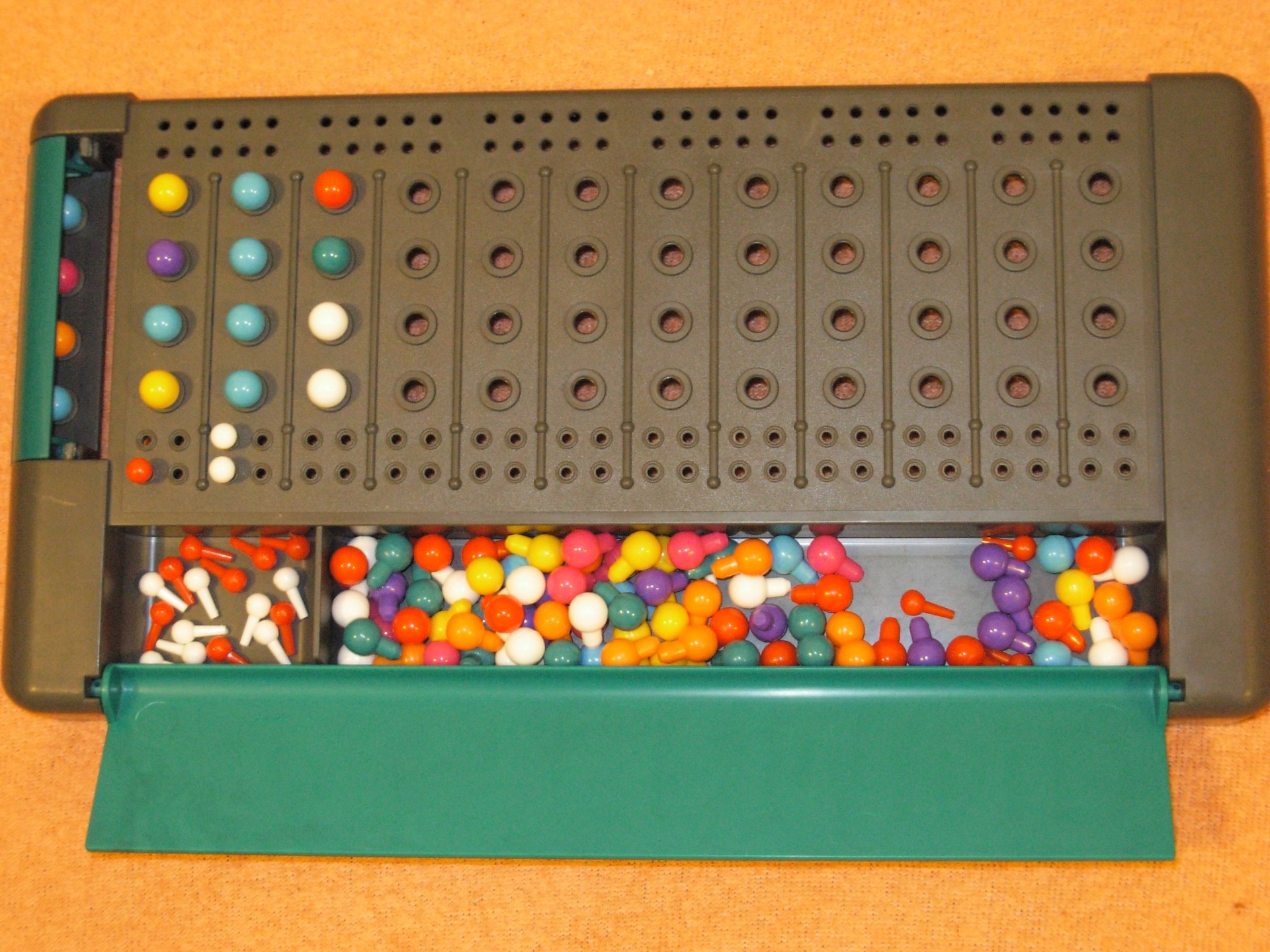
In Mastermind, players attempt to crack a hidden sequence of colored pegs.
After each guess, players receive feedback on correct colors and positions.
This feedback system is strikingly similar to WORLDE's green, yellow, and gray squares.
Mastermind's influence on WORLDE is clear: both games revolve around deduction and the strategic use of feedback to solve a hidden sequence.
Jotto: The Word-Guessing Pioneer
While Mastermind contributed the feedback mechanism, the word-guessing aspect of WORLDE owes a debt to Jotto, a pen-and-paper word game from the 1950s.
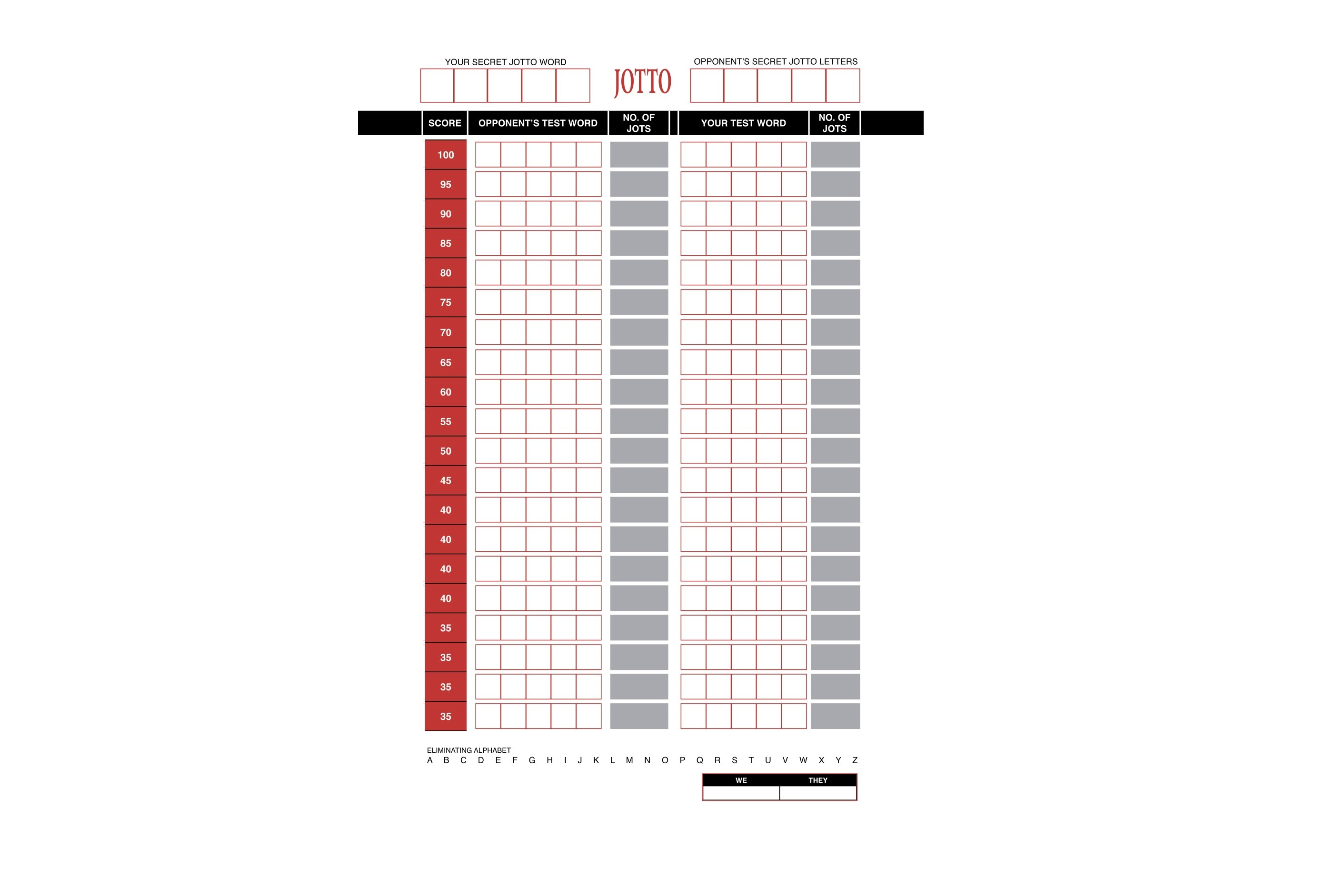
In Jotto, players try to guess a secret five-letter word.
After each guess, players are told how many letters in their guess match the secret word.
This concept of guessing a hidden word is central to WORLDE's gameplay.
Jotto laid the groundwork for word-guessing games, showing how engaging it could be to deduce a hidden word through careful guessing and analysis.
The Wordle Phenomenon
No discussion of WORLDE's evolution would be complete without mentioning Wordle, the game that took the internet by storm in 2021.
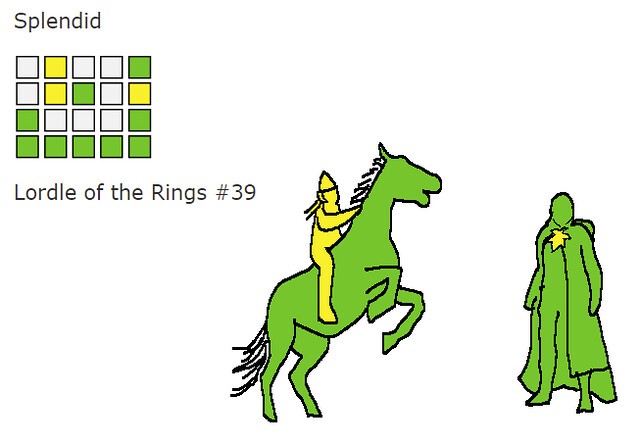
Source: Tom Magliery on Flickr
Wordle's creator, Josh Wardle, a Welsh software engineer, initially developed a prototype in 2013 as a play on his last name. However, it wasn't until 2021, during the COVID-19 pandemic, that Wardle revisited and refined the game.
Inspired by the word games he and his partner enjoyed during lockdown, Wardle created Wordle primarily for his partner, an English as a Second Language (ESL) speaker. This influenced his approach to word selection, ensuring the game was enjoyable and accessible for non-native English speakers.
In October 2021, Wardle made the game public on his website, Powerlanguage. Its simplicity, daily nature, and the ability to share results easily on social media contributed to its viral success.
WORLDE: The Next Step in Evolution
While Wordle captured the world's attention, WORLDE represents the next evolutionary step in word puzzle games. It builds on the foundations laid by its predecessors while introducing new elements that enhance the player experience.
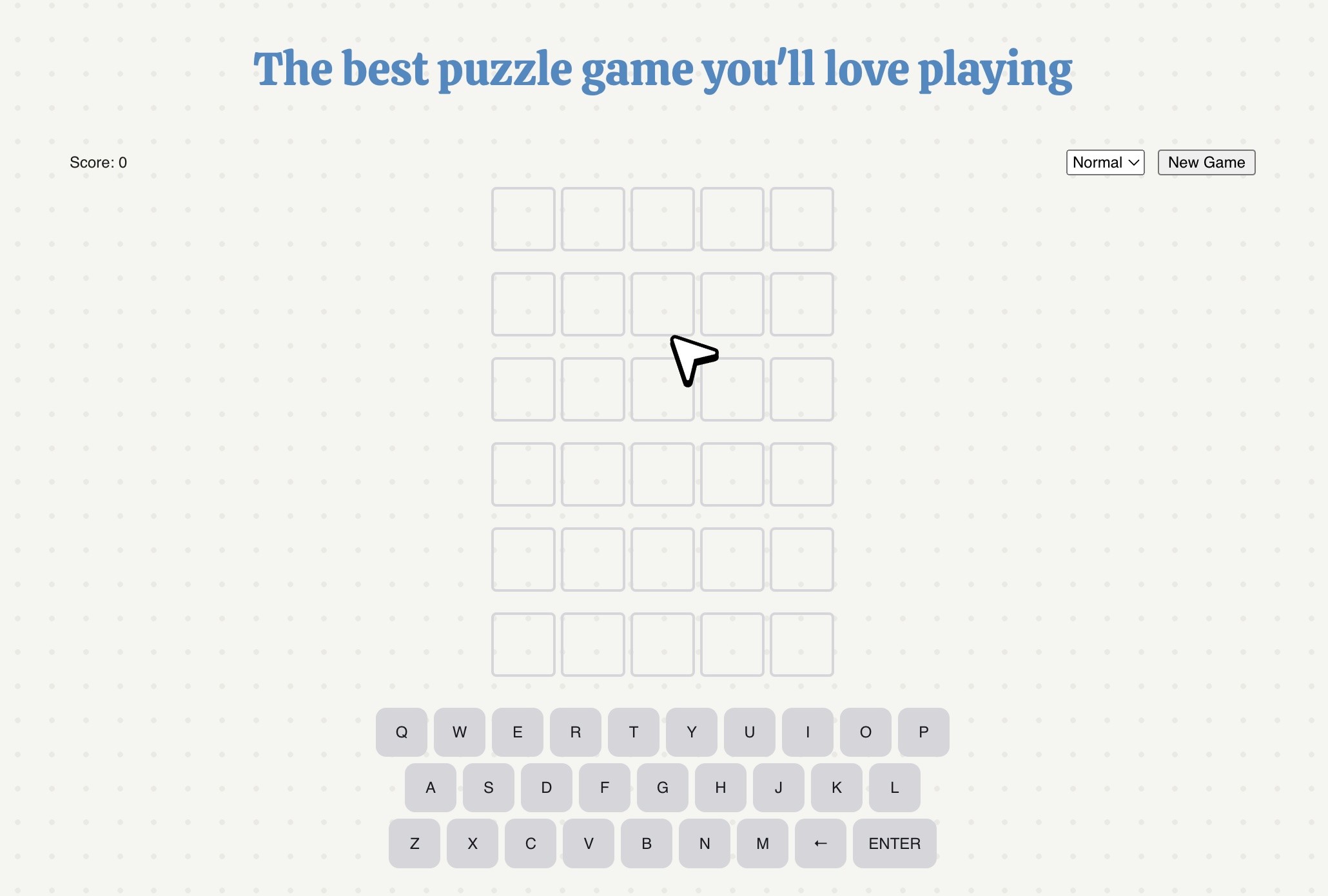
Key Features of WORLDE
Difficulty Modes: Recognizing that players have different skill levels and preferences, WORLDE introduces various difficulty modes. This allows both casual players and word game enthusiasts to find a challenge that suits them.
Progress Saving: WORLDE allows players to save their game progress without registration, or requiring an email address. This user-friendly approach respects player’s rights to their own data, while still providing a consistent experience across sessions.
Diverse Word Topics: WORLDE keeps players on their toes with a range of word topics, including some weird and puzzling options. This variety adds an extra layer of challenge and interest to the game.
Streamlined Experience: WORLDE offers all the fun of word puzzles with less hassle, making it accessible to a wide range of players. We always have the game on our front page, and keep working on it, to make it better.
These features combine to create a game that's more than just a Wordle clone – it's a refined and enhanced word puzzle experience.
Other Influences on WORLDE
While Mastermind and Jotto are the most direct predecessors, WORLDE also draws inspiration from other classic word and puzzle games:
Crossword Puzzles: The daily nature of WORLDE and its word-based challenge echo the beloved newspaper staple.
Hangman: The process of guessing letters to form a word is reminiscent of this classic game.
Bulls and Cows: This number-guessing game uses a similar feedback system to WORLDE, further showcasing the game's diverse influences.
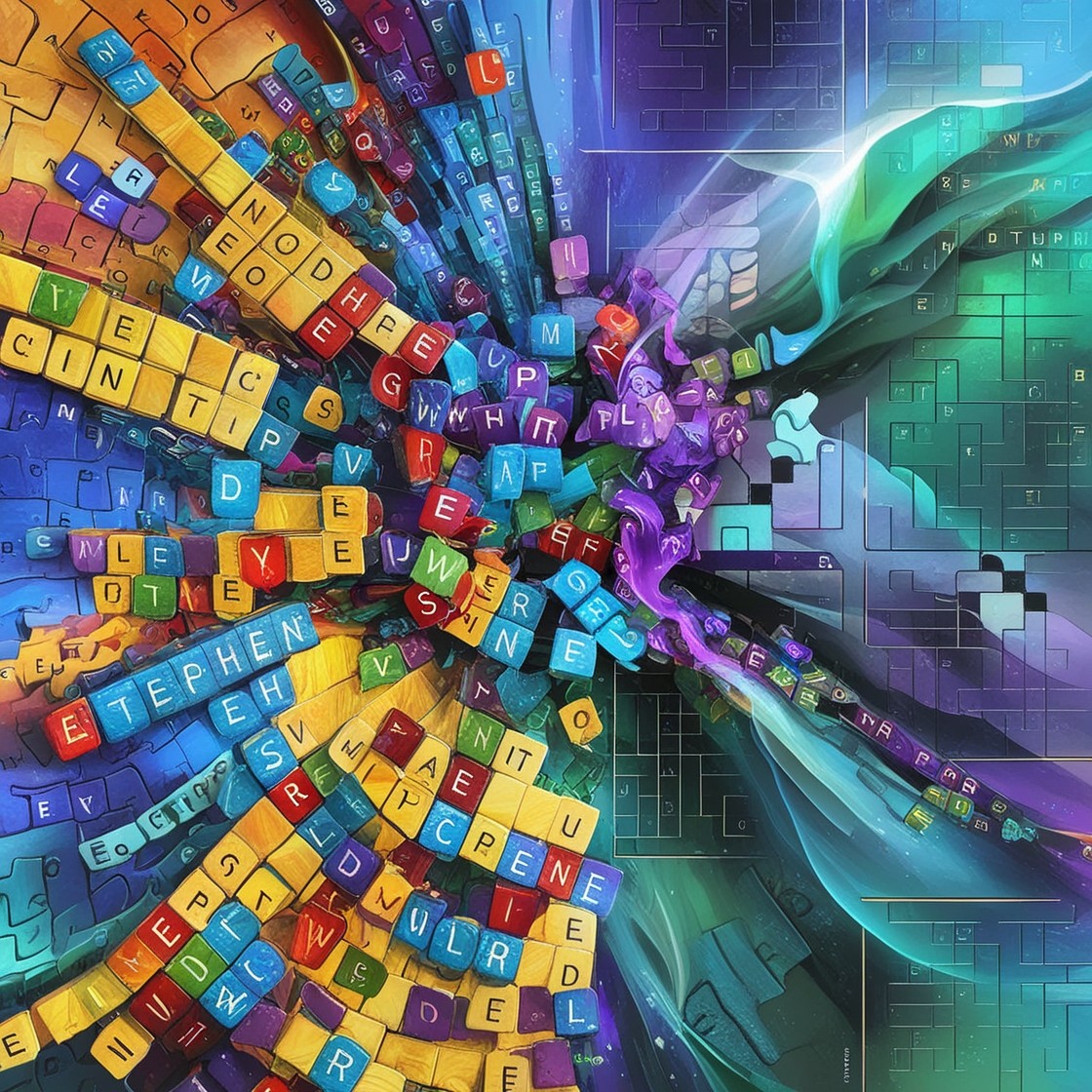
The Future of Word Puzzles
As WORLDE demonstrates, the evolution of word puzzles is far from over. By building on the best elements of its predecessors and introducing new features, WORLDE has carved out its own niche in the world of word games.
The success of games like WORLDE shows that there's still plenty of appetite for innovative word puzzles. As technology advances and game designers continue to push boundaries, we can expect to see even more exciting developments in this space.
Whether you're a longtime fan of word games or new to the genre, WORLDE offers a fresh and engaging experience. It's not just a game – it's the latest chapter in the ongoing story of word puzzle evolution.
Ready to be part of this evolution? Play WORLDE now for free and challenge yourself with the next generation of word puzzles!


